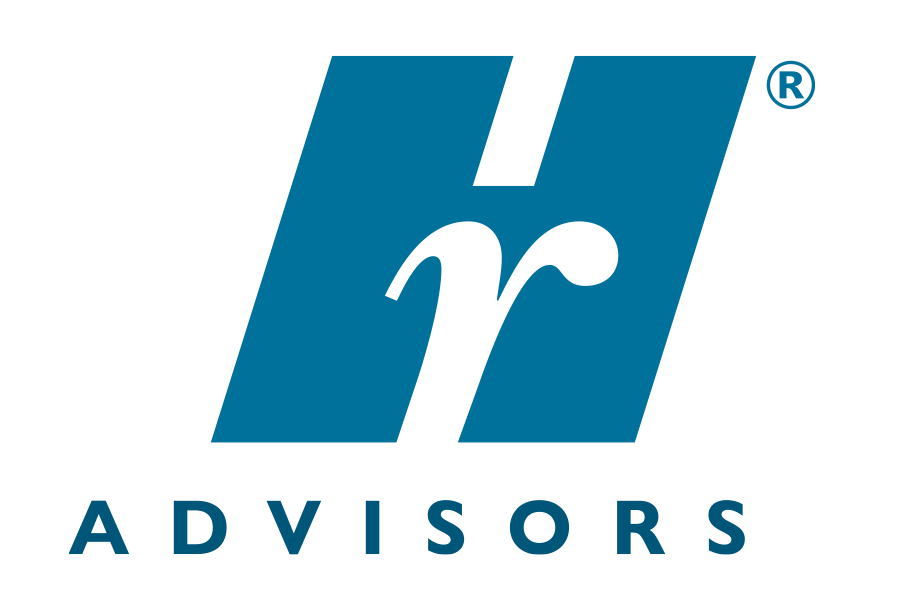Wage and Hour Compliance: Paycheck Stub Requirements
All employers must provide their employees with accurate wage statements or paystubs. These paystubs should include specific information, and failing to comply can lead to legal trouble.
Paystub requirements can vary significantly from one state to another. Some states may have different or fewer requirements for paystubs compared to California.
If you have employees working outside of CA, HR Advisors would be happy to provide state-specific guidance on the wage and hour laws.
Key Points for California Employers
Paystub Requirements: California law mandates that paystubs must include specific pieces of information, such as:
Gross wages earned
Total hours worked
Number of piece-rate units earned/piece rate (if applicable)*see below for more details
All deductions
Net wages earned
Inclusive dates of the pay period
Employee's name/last 4 of their SSN or an employee identification number
Name and address of the legal entity that is the employer
All applicable hourly rates during the pay period and corresponding hours worked at each rate.
Paid Sick Leave or PTO (If employer offers unlimited PSL or PTO, "unlimited" must be indicated.)
Vacation balances (not required by law, but highly recommended)
These requirements seem straightforward, but some complexities exist, like different types of pay and calculations.
*Additionally, a piece-rate employee is entitled to information regarding their pay for the time spent doing tasks unrelated to their piece-rate work. These tasks must be paid at a minimum wage rate or higher, including nonproductive time and rest & recovery periods.
Therefore, additional information must be provided on the pay stub, including:
The total hours spent as compensable recovery and rest periods
The total hours spent working in compensable nonproductive time
The rate for hours paid in each category
The gross wages paid for recovery periods, rest periods, and nonproductive time
The pay stubs should separate the rates for piece or task-based pay and hourly wages for compensable time based on nonproductive time or paid rest and recovery periods. In addition, it must be clear what amounts are included in the employee’s gross wages.
Don't Rely Solely on Payroll Providers: Employers should not assume that their payroll providers always get the paystubs right. The responsibility for accurate wage statements rests with the employer, even when they use a third-party payroll service.
Consequences of Non-Compliance: Employers who fail to provide compliant paystubs can face legal consequences. Employees can recover damages, including $50 for the first violation and $100 for subsequent violations, up to a maximum of $4,000.
Ensuring compliance with California Labor Code section 226 is crucial for employers to avoid costly litigation, penalties, and damages. Even seemingly minor errors on paystubs can lead to significant legal troubles.
If you have questions or need assistance with wage and hour compliance, you can reach out to HR Advisors for compliance guidance on state specific wage and hour laws.
Employers should regularly review their paystubs, whether generated in-house or by a third-party payroll provider, to ensure they meet the requirements of Labor Code section 226.


